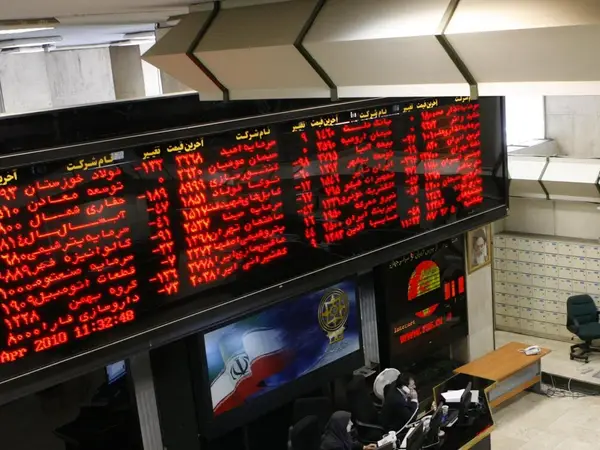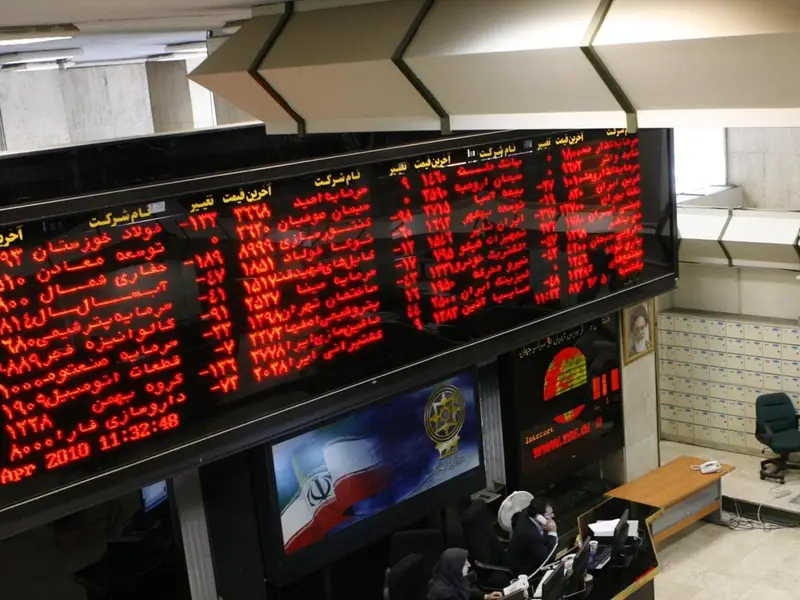The Tehran bourse has taken emergency measures to limit transactions after market turmoil followed an overnight aerial bombardment by Iran on Israel.
Stock exchange officials decided in an emergency meeting to lower the daily price fluctuation range to one percent for the next three consecutive days in a bid to cool off the market that was witnessing queues of investors trying to sell off their holdings.
The decision came after a sharp fall on the stock exchange which saw the overall index lose more than 11,000 points at the closing of Sunday's trading. The steep decline marked one of the biggest recent history drops, reflecting anxieties over escalating regional tensions fueled by Tehran.
The economic repercussions of the conflict are profound, as Iran's national currency also hit a record low. In the early hours after the attack on Sunday morning, the US dollar rose to pass 710,000 rials but later decreased slightly to reach 674,000 rials, an almost 30 percent depreciation since early January. Other major currencies have also seen historic increases, with the Euro exchanged at 719,200 rials and the British pound trading at 839,600 rials.
A declining currency value could bring more economic hardships for Iranians in the midst of an economic crisis. Now, with the annual inflation rate near 50 percent, savers are converting their money into hard currencies or gold to gain stability at a time when the economic landscape is changing rapidly.

